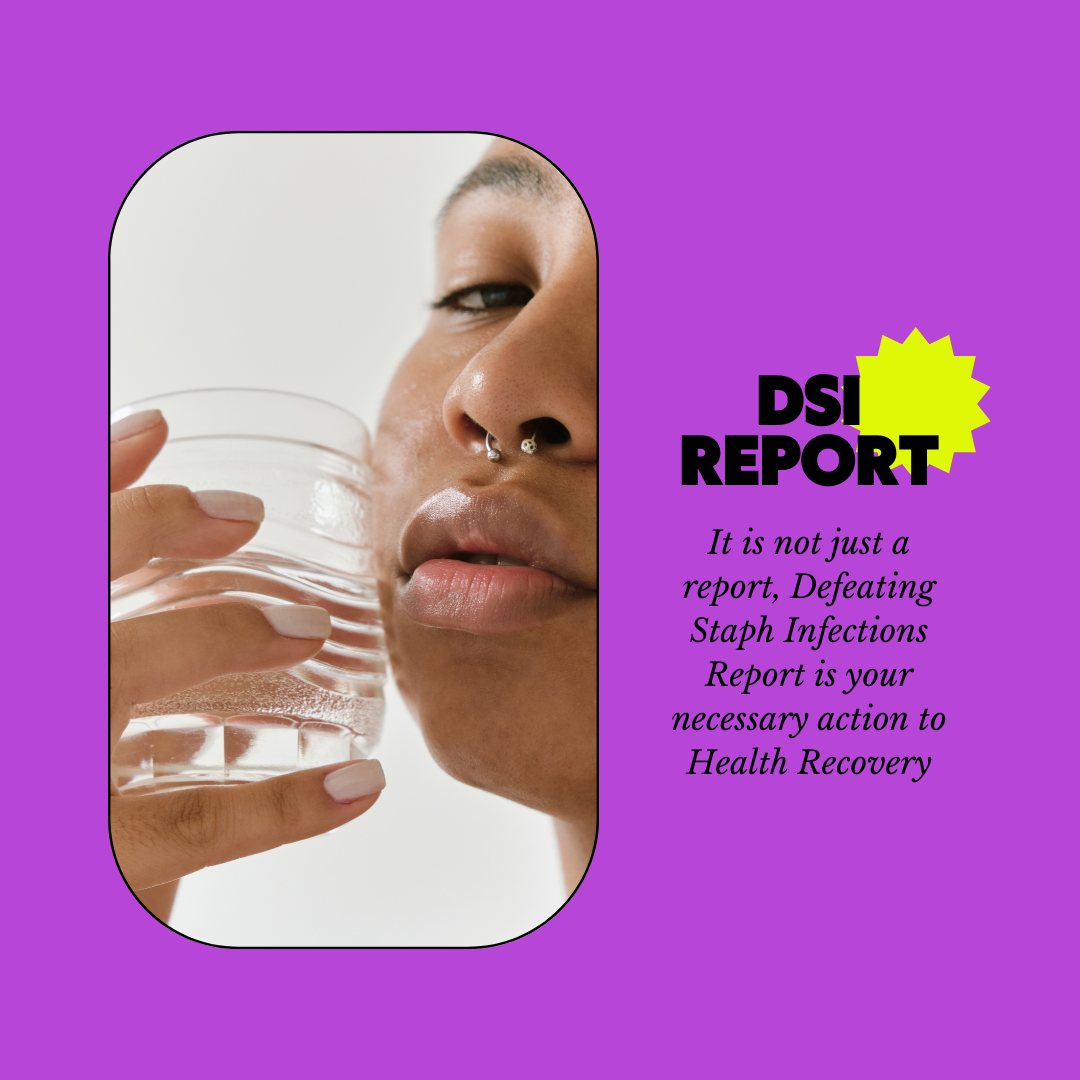Can alcohol-based hand sanitizers effectively prevent Staphylococcus infections?
How Alcohol-Based Hand Sanitizers Work:
Mechanism of Action: Alcohol can denature proteins, effectively
neutralizing many types of bacteria, including Staphylococcus, and many
viruses. The alcohol quickly reduces the number of microbes on hands,
although it does not necessarily eliminate all types of germs.
Effectiveness: Studies have shown that alcohol-based hand sanitizers
can significantly reduce the number of pathogens on the skin. For
example, sanitizers are effective against Staphylococcus aureus,
including strains like MRSA (Methicillin-resistant Staphylococcus
aureus).
Limitations: While highly effective against many types of bacteria and
viruses, hand sanitizers are less effective if hands are visibly dirty
or greasy. They may also not be as effective against certain types of
non-enveloped viruses and bacterial spores. Therefore, washing hands
with soap and water is generally preferred when hands are visibly
soiled.
Best Practices for Using Hand Sanitizers:
Application: Apply the sanitizer to the palm of one hand, and rub your
hands together, covering all surfaces of your hands and fingers until
they are dry. This process should take around 20 seconds.
Concentration: Ensure that the hand sanitizer contains at least 60%
alcohol. Products with less than 60% alcohol may not kill most types of
germs and could merely reduce the growth of germs rather than killing
them outright.
Frequency: Use when entering and leaving public places, before eating,
after using the restroom, and whenever soap and water are not readily
available.
Using
alcohol-based hand sanitizer is a convenient, effective way to reduce
the spread of Staphylococcus and other pathogens, particularly in
situations where washing hands with soap and water isn't possible.
However, it's important to use sanitizers as part of a broader approach
to hand hygiene and infection prevention, which includes regular
handwashing with soap and water.






Post a Comment